Recognizing the significant contributions of the private economy after nearly 40 years of renovation, with more than 940 thousand enterprises and more than 5 million business households in operation, contributing about 50% of GDP, more than 30% of total budget revenue and creating jobs for about 82% of the country's workforce, Resolution 68 of the Central Committee affirmed that "the private economy has become one of the important driving forces of the economy...
Many private enterprises have grown strongly, affirmed their brands and reached out to regional and world markets. However, to meet the development requirements in the new era, the private economy is "necessary" and "urgent" to become "the most important driving force of the national economy".
To realize this goal, Resolution 68 of the Central Committee has put forward 5 core guiding viewpoints and 8 groups of key tasks and solutions. According to experts, this is a breakthrough document, and can even be considered a new "reform manifesto" for the private economy, because of many "unprecedented" highlights.
That is the "innovation of thinking" in perception and action. The Resolution firmly adheres to the goal of "The State creates, serves, and supports the private economy to develop rapidly and sustainably, without administrative intervention in production and business activities contrary to market principles; Building an open, friendly, cooperative, and honest relationship between the government and businesses to serve and create development".

Illustration: KT
These are “innovative thinking” in reforming, perfecting and improving the quality of institutions and policies. The Resolution requires “using market tools to regulate the economy; minimizing intervention and eliminating administrative barriers, the “ask-give” mechanism, and the “can’t manage, then ban” mindset. People and businesses are free to do business in industries not prohibited by law…
It is "shifting from a public administration, mainly management, to serving and creating development; taking people and businesses as the center"; modernizing public administration, data-based administration; and "strongly shifting from pre-inspection to post-inspection associated with strengthening inspection and supervision"...
From the guiding viewpoint to specific policy requirements to support the private economy, in which the core is small and medium-sized enterprises "growing up" but still having to ensure market principles and comply with international commitments; By 2030, there will be 2 million enterprises operating in the economy, contributing 55% of GDP or more; By 2045, there will be at least 3 million enterprises and contributing more than 60% of GDP...
The strategy is “not only about quantity but also about quality and depth”, affirming our Party’s strategic thinking and vision on the private economy (along with the state economy and collective economy) “playing a core role in building an independent, autonomous, self-reliant, and self-reliant economy associated with deep, substantial, and effective international integration, helping the country escape the risk of falling behind and rise to prosperous development”.
Another highlight of Resolution 68 is the “identification of entrepreneurs as soldiers on the economic front”. Not only does it attach importance to building a team of entrepreneurs with ethics, business culture, respect for the law, and promoting social responsibility, Resolution 68 also raises the issue of “evaluating private enterprises according to international standards” and creating all favorable conditions for entrepreneurs to participate in national governance.
Not only does it not stop at political statements, Resolution 68 of the Central Committee also comes with a system of implementation solutions and a very strong implementation method. It can be mentioned as the request to soon "issue special mechanisms and policies, especially during the ongoing 9th Session of the 15th National Assembly.
Resolution 68 was considered a "historic resolution" with a comprehensive and new spirit of "reform" for the private economy. However, for the reform spirit to come into life, it is necessary to have drastic and synchronous participation from all levels of the industry, and proactive innovation from the private economic sector itself, each enterprise, business household and each citizen. Only then can the private economy truly make a breakthrough in the new stage of development.
Nguyen Long/VOV1
Source: https://vov.vn/kinh-te/kinh-te-tu-nhan-truoc-yeu-cau-moi-van-hoi-moi-post1197375.vov




![[Photo] Prime Minister Pham Minh Chinh chaired a meeting to evaluate the operation of the two-level local government model.](https://vphoto.vietnam.vn/thumb/1200x675/vietnam/resource/IMAGE/2025/10/29/1761751710674_dsc-7999-jpg.webp)

![[Photo] Human love in the flood in Hue](https://vphoto.vietnam.vn/thumb/1200x675/vietnam/resource/IMAGE/2025/10/29/1761740905727_4125427122470875256-2-jpg.webp)
![[Photo] Hue: Inside the kitchen that donates thousands of meals a day to people in flooded areas](https://vphoto.vietnam.vn/thumb/1200x675/vietnam/resource/IMAGE/2025/10/29/1761738508516_bepcomhue-jpg.webp)


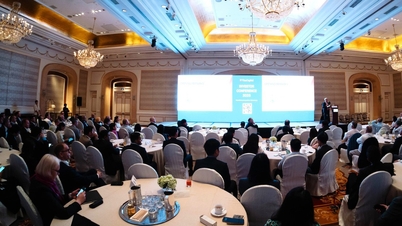

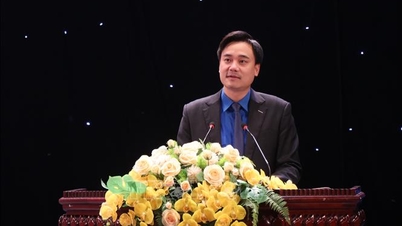

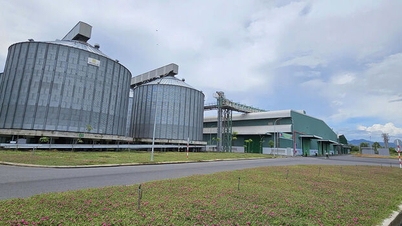








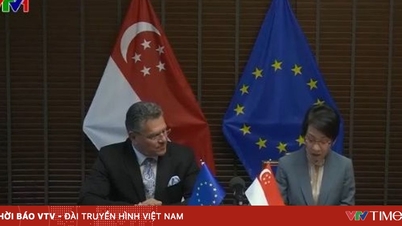












































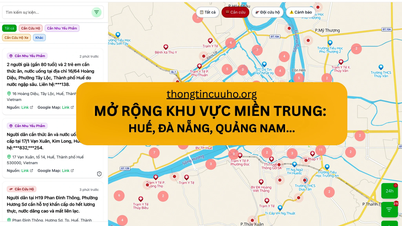
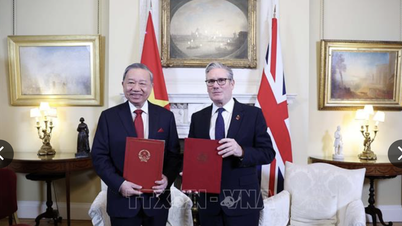



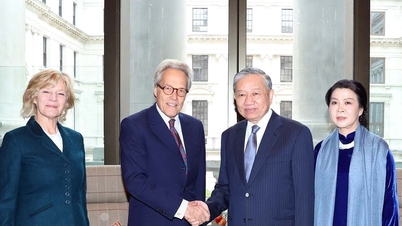



![[Live] Concert Ha Long 2025: "Heritage Spirit - Brightening the Future"](https://vphoto.vietnam.vn/thumb/402x226/vietnam/resource/IMAGE/2025/10/29/1761743605124_g-anh-sang-am-thanh-hoanh-trang-cua-chuong-trinh-mang-den-trai-nghiem-dang-nho-cho-du-khach-22450328-17617424836781829598445-93-0-733-1024-crop-1761742492749383512980.jpeg)






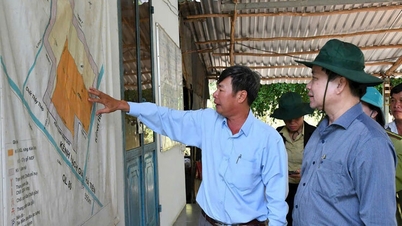
















Comment (0)